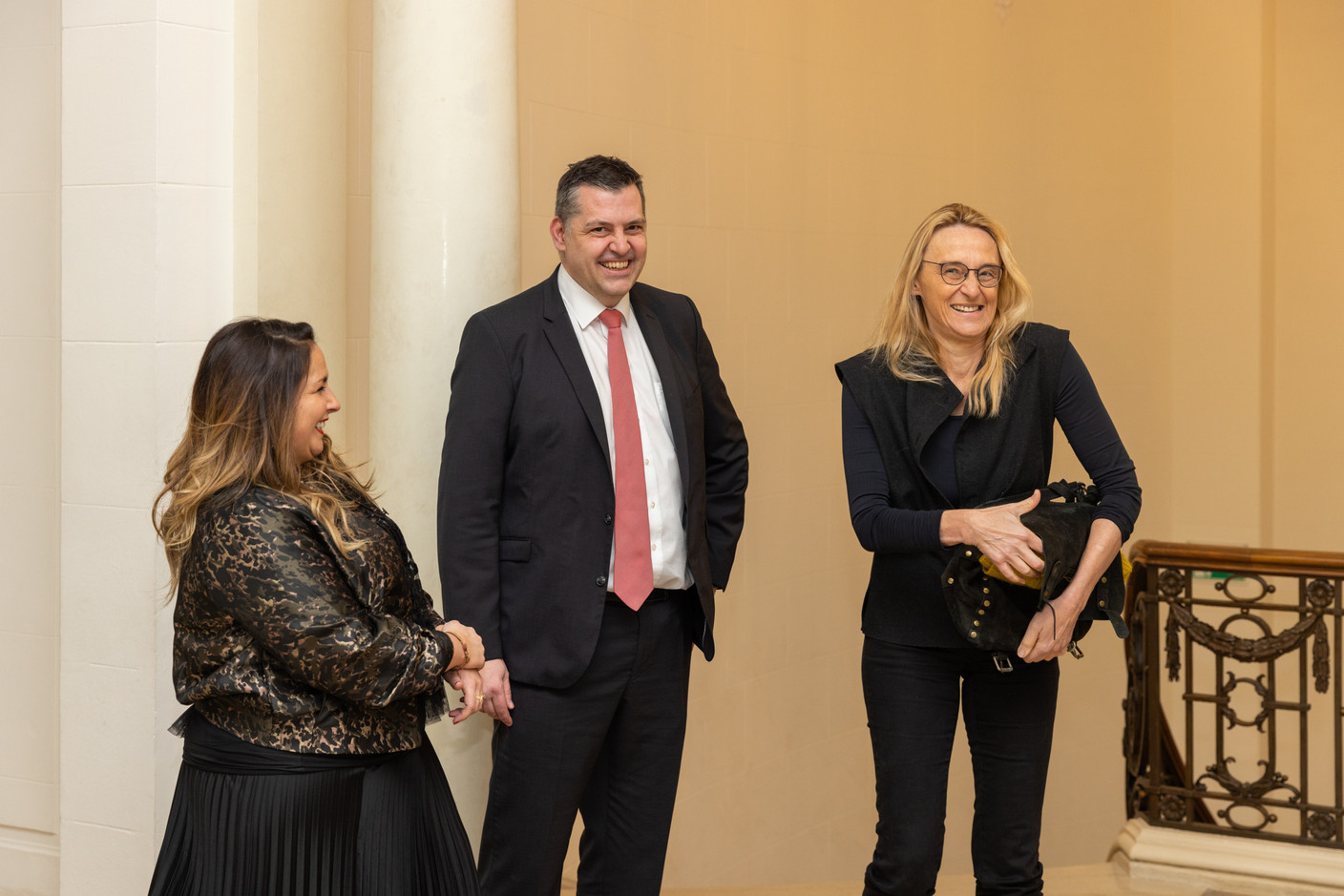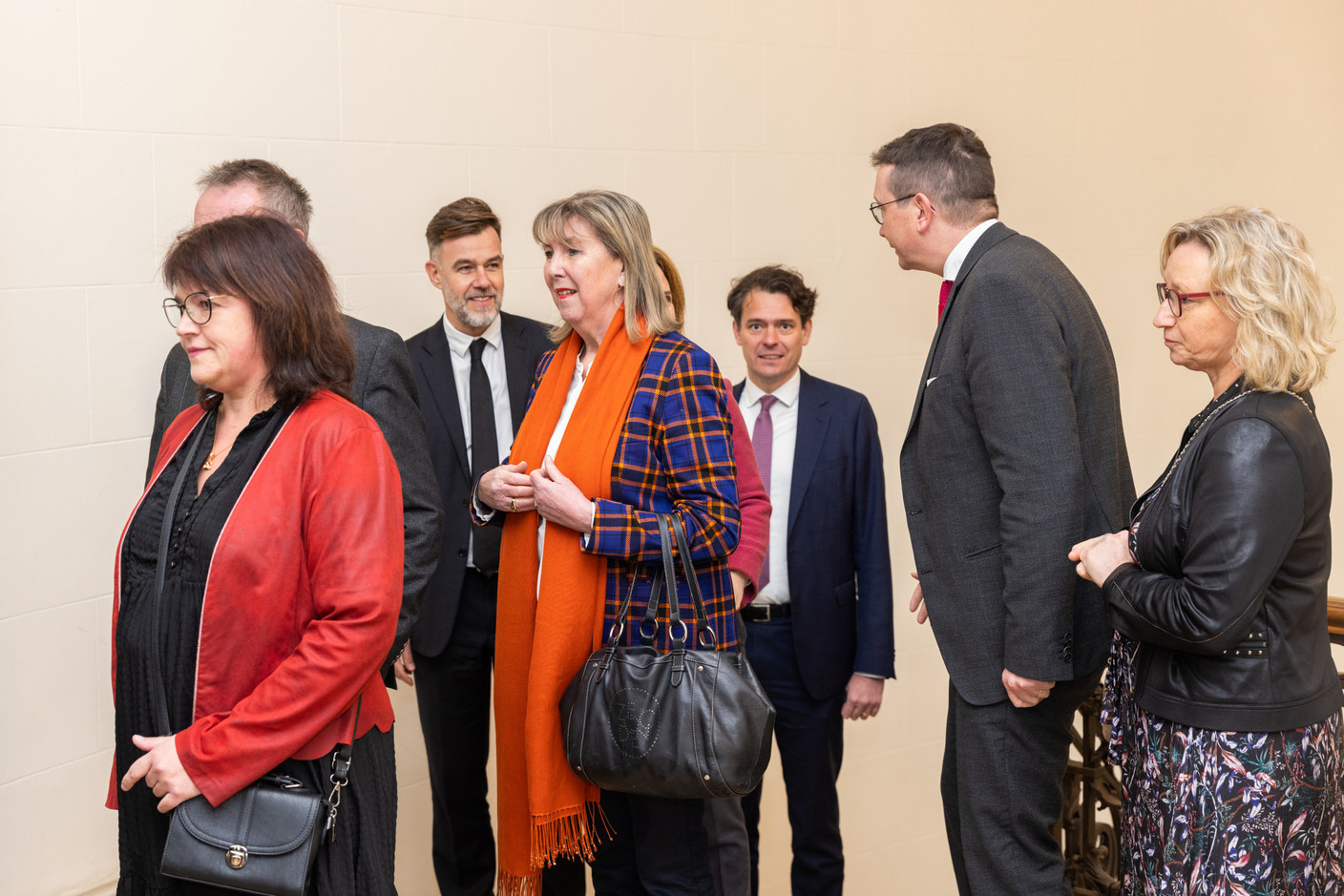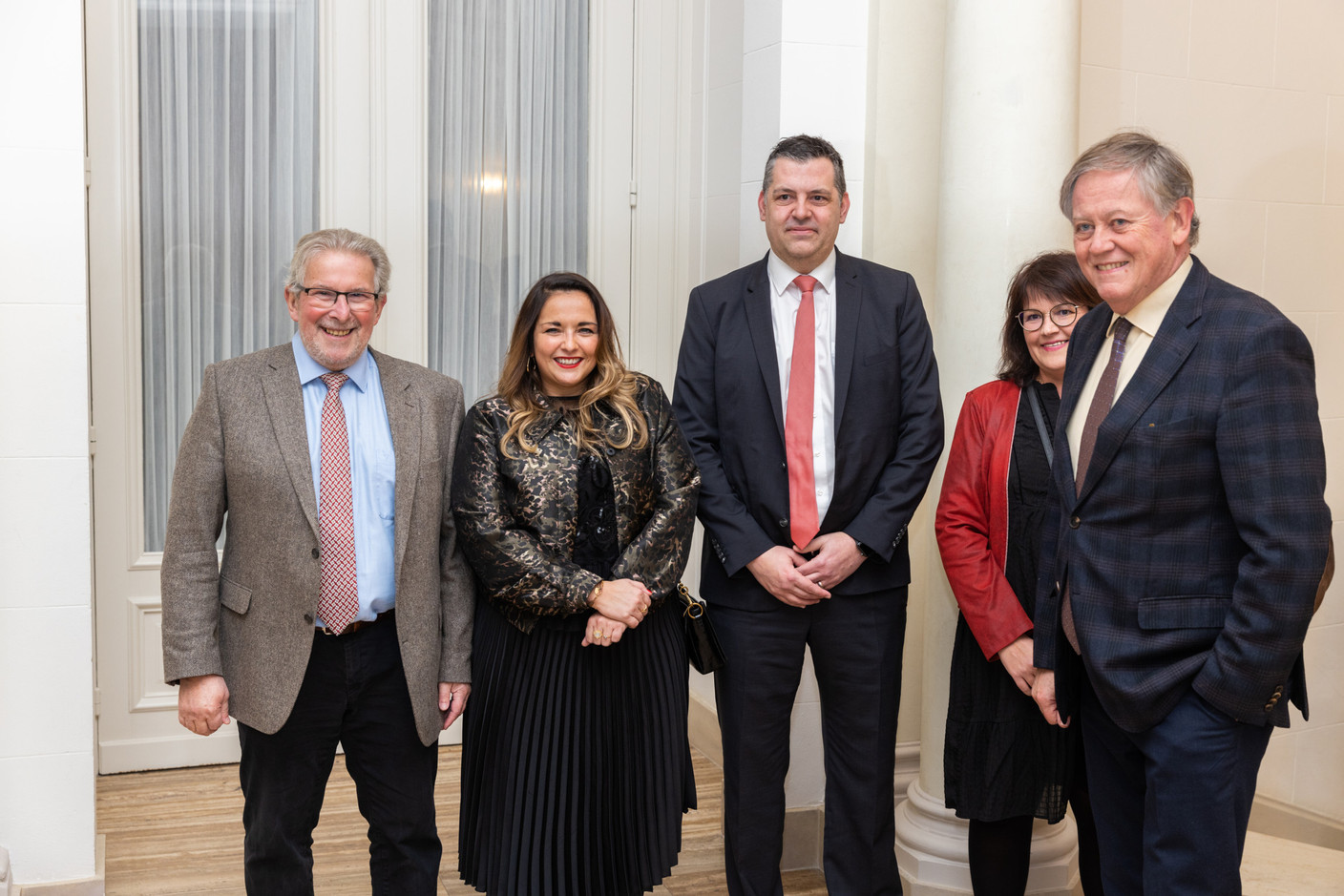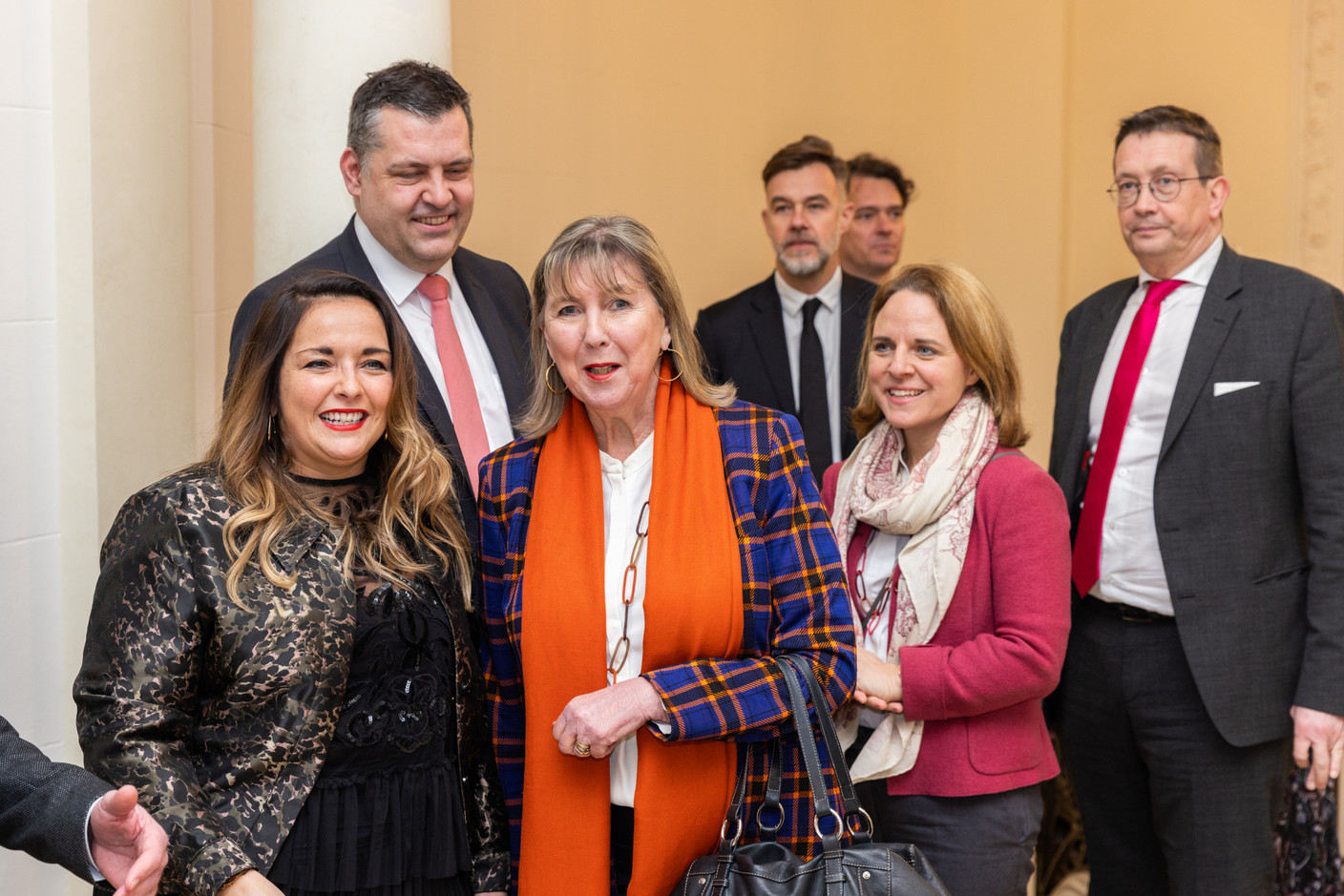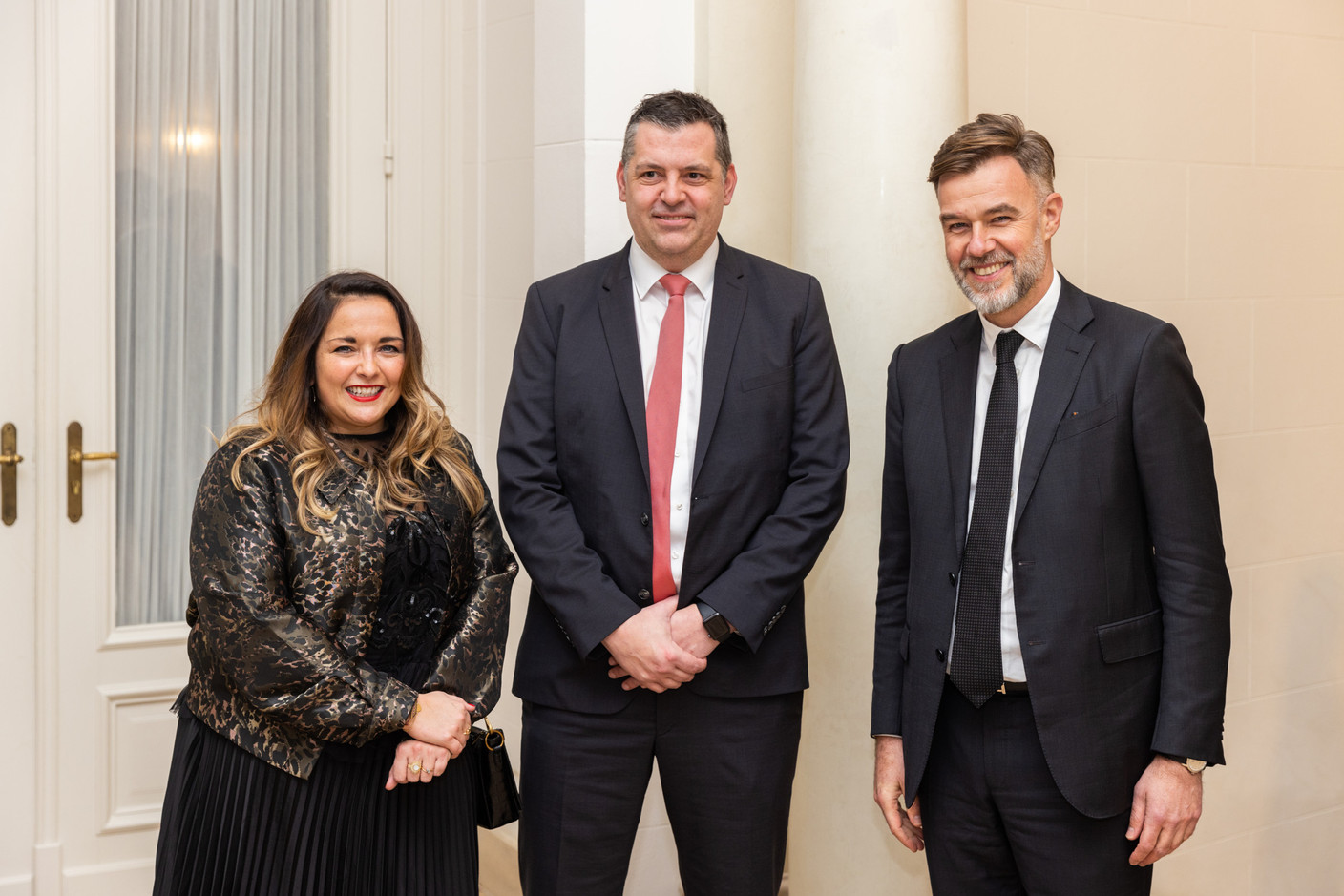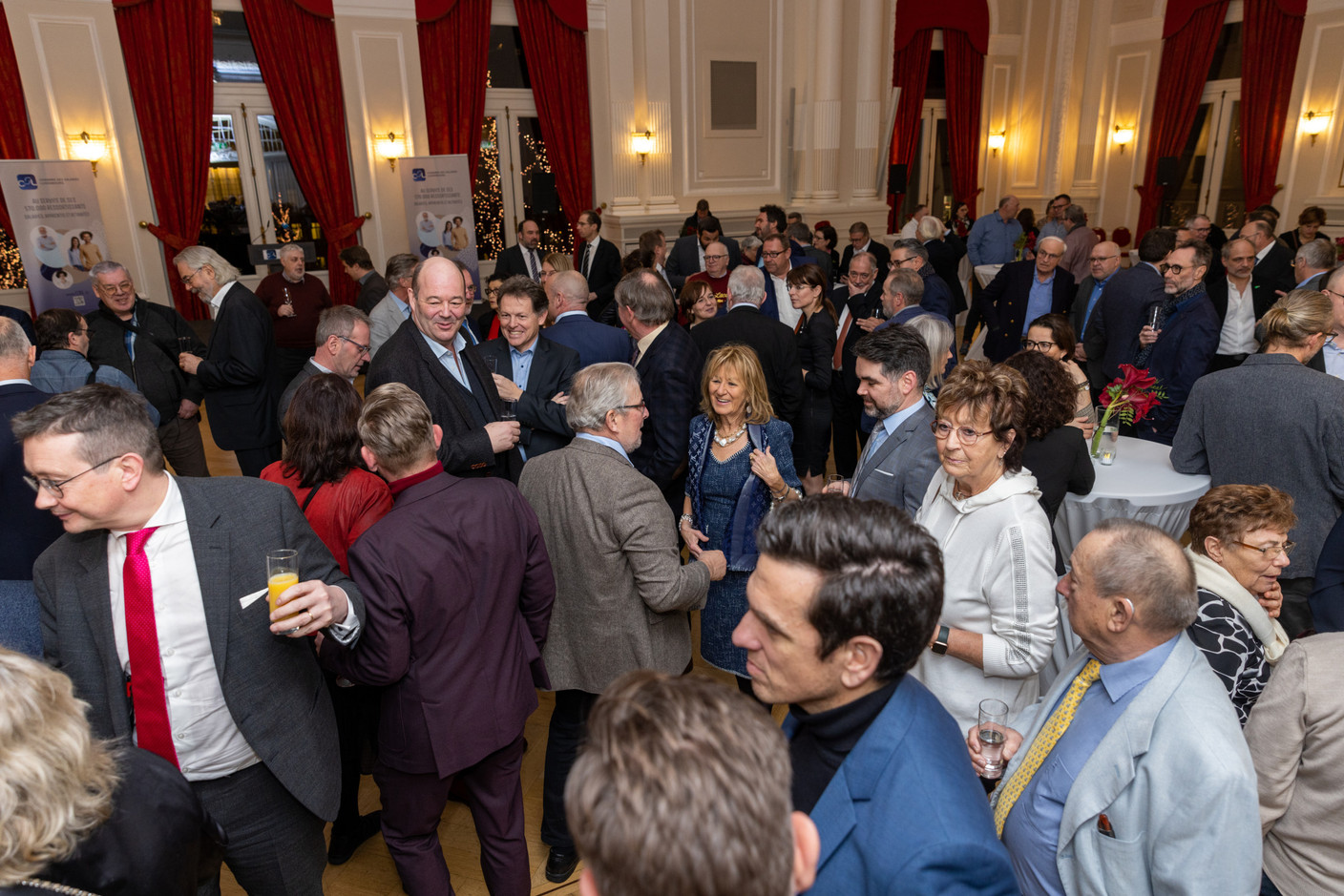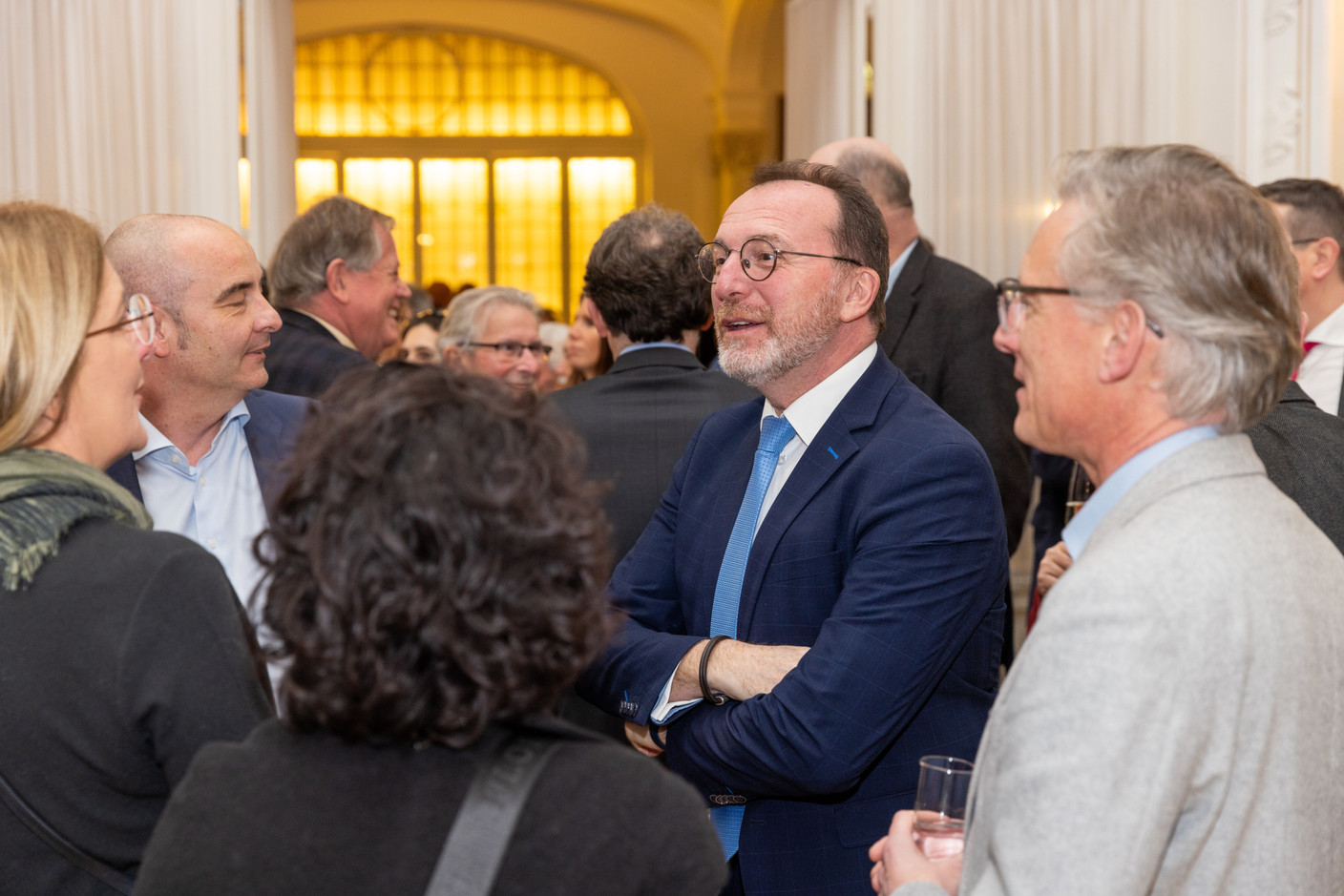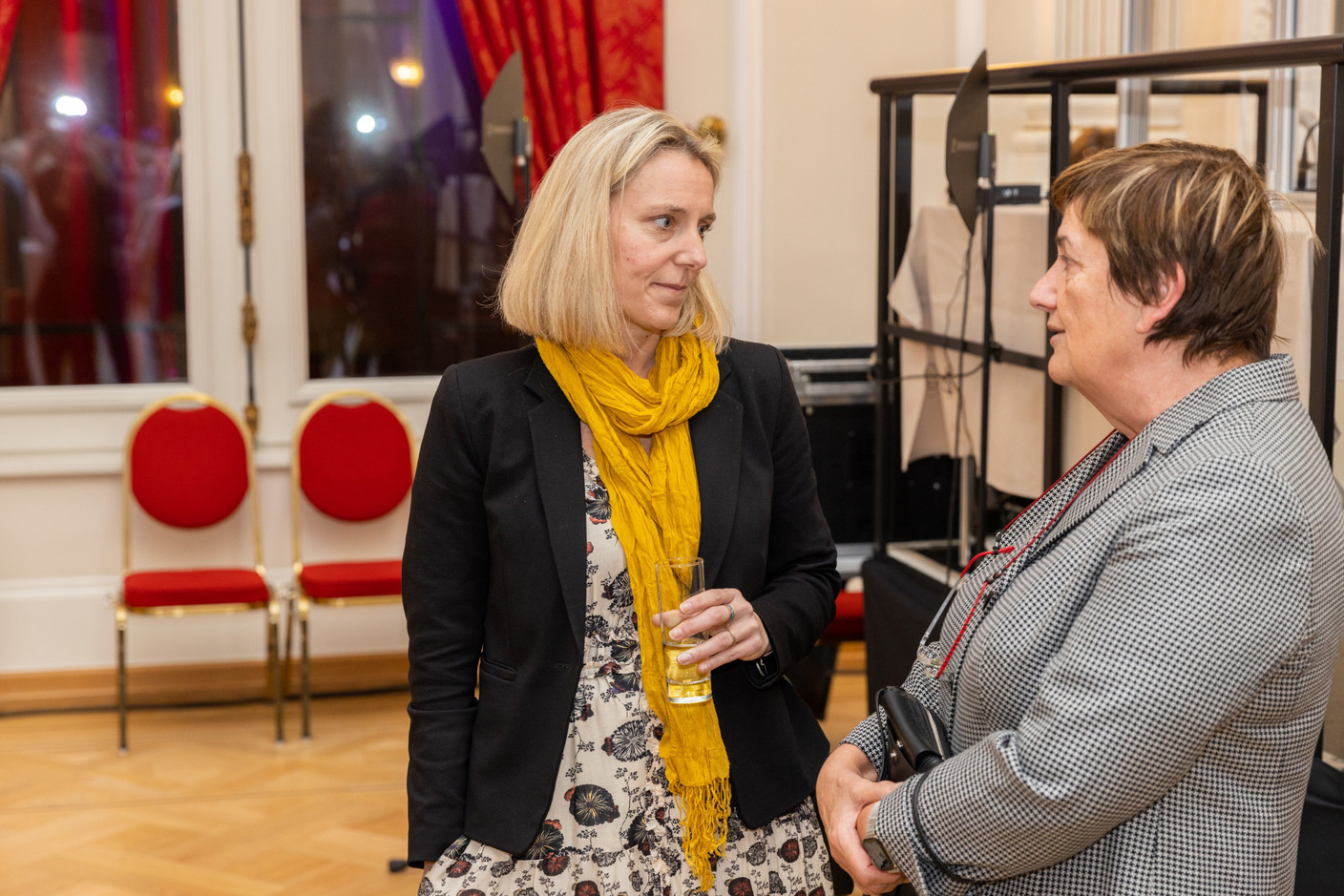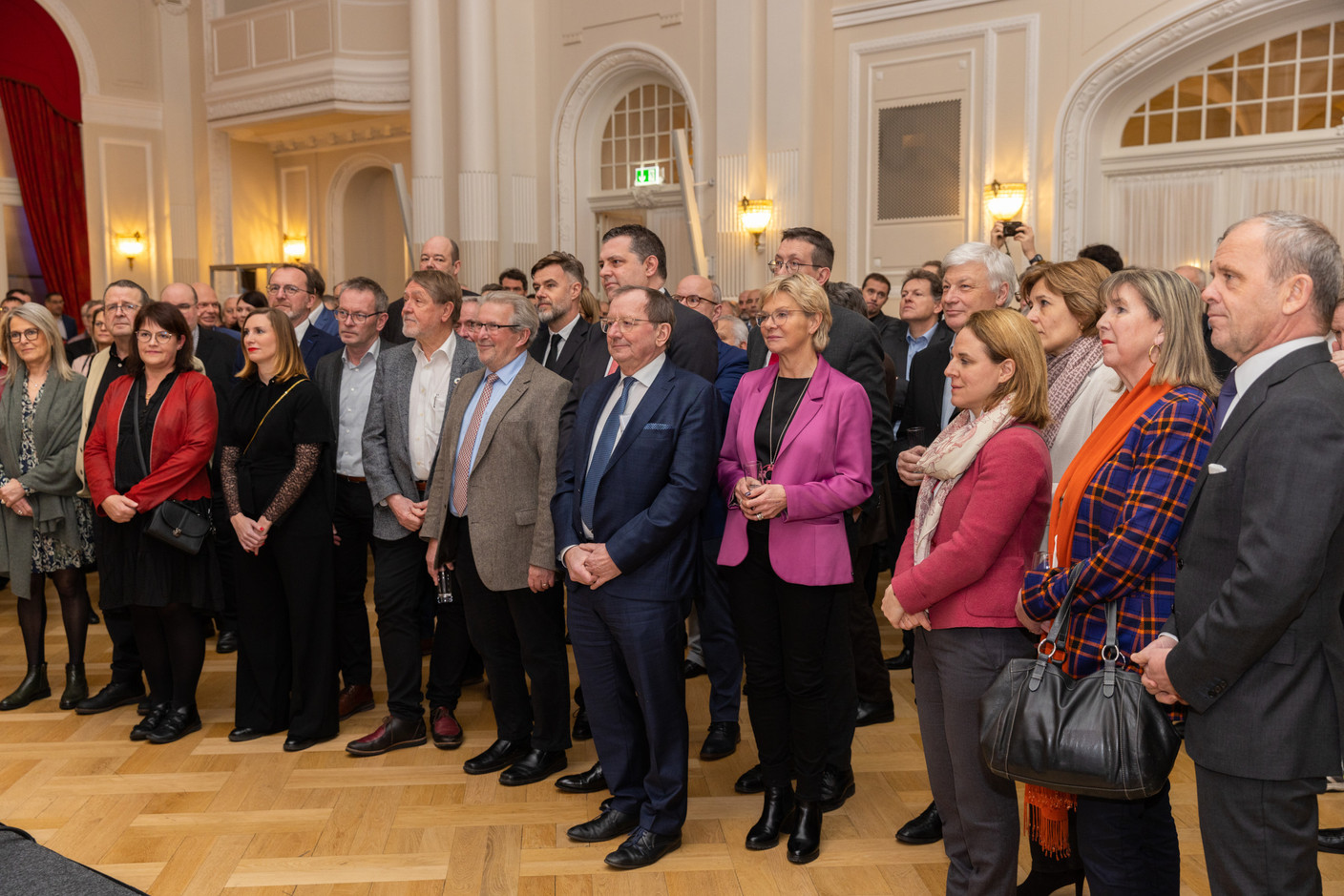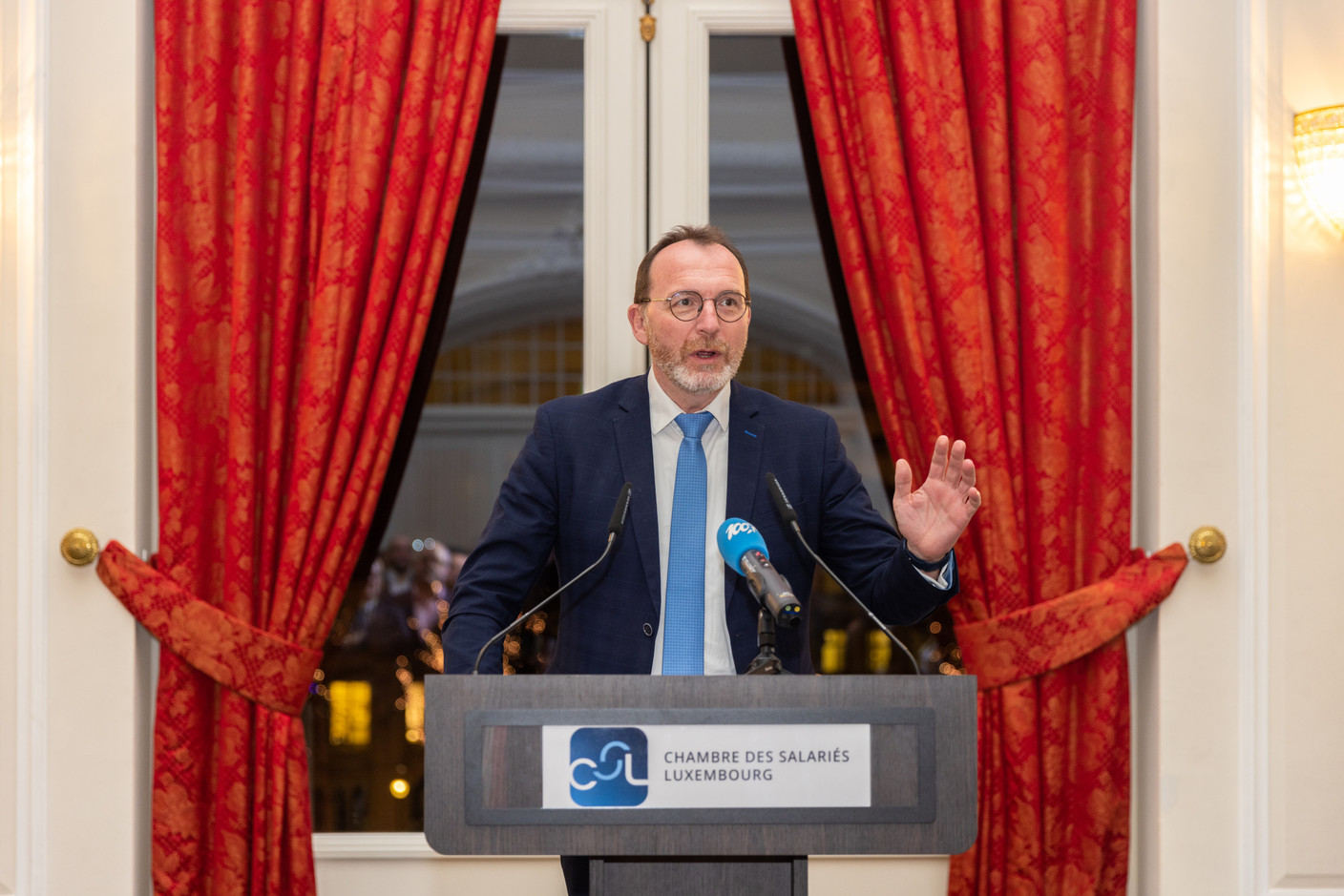A strong welfare state, good social security, the reduction of inequalities, the right to housing: at the New Year’s reception of the Chamber of Employees (Chambre des salariés, CSL) on Monday 16 January, its president, , ran through the usual themes of “the largest elected institution in Luxembourg.”
But this time the context was particular, after “difficult years behind us” and “many challenges” to come, while the war in Ukraine is raging and the purchasing power of households, in an inflationary context, is under pressure. There are many “unknowns” for 2023 and “the question of the severity of the economic consequences is open,” she said.
In this “tense” context, the measures decided at the tripartite meeting last autumn, notably to curb inflation, were a “success,” but they “are not enough.” Businesses must be made to contribute more, Back implied. Since 2019, they have enjoyed a favourable trend: +37% in profits, compared with an increase of only 25% in payroll expenses--a development that was confirmed in the third quarter of 2022. “It is time to act,” said Back.
Inequality on the rise
Especially as inequality and the risk of poverty are on the rise in the country. The fault lies with a government whose fight against these phenomena “is not a priority”: non-indexed family allowances, companies that pay less tax, capital gains and assets taxed at “ridiculous” levels, and lower and middle incomes “much more heavily taxed” than higher incomes. “Tax injustice in Luxembourg must end,” said Back.
While the government should guarantee the general right to housing, it is actually doing “the opposite,” unable to curb development that increasingly benefits speculators while the housing crisis worsens, Back said, adding that there is not more affordable housing, that the rent law reform is “counterproductive” and that the property tax reform “falls short of our expectations.”
Forgotten reforms
In the areas of labour and training, the government has unfortunately not implemented many of the reforms included in its coalition programme: personal training account, individual right to training, reform of the law on social plans, fundamental reform of vocational training with the introduction of new rights, general modernisation of labour law by adapting it to changes in the world of work and business, reform of employees’ legal rights in the event of bankruptcy and more. “None of this has been implemented,” said Back.
For its part, the CSL is continuing to expand its Lifelong Learning Centre. It has also launched a , Improof.lu, where analyses, reflections and articles are published with the aim of creating a fairer and more sustainable economy. It’s a way of contributing to the fight against “injustices in general,” Back said.
This story was first published in French on . It has been translated and edited for Delano.


